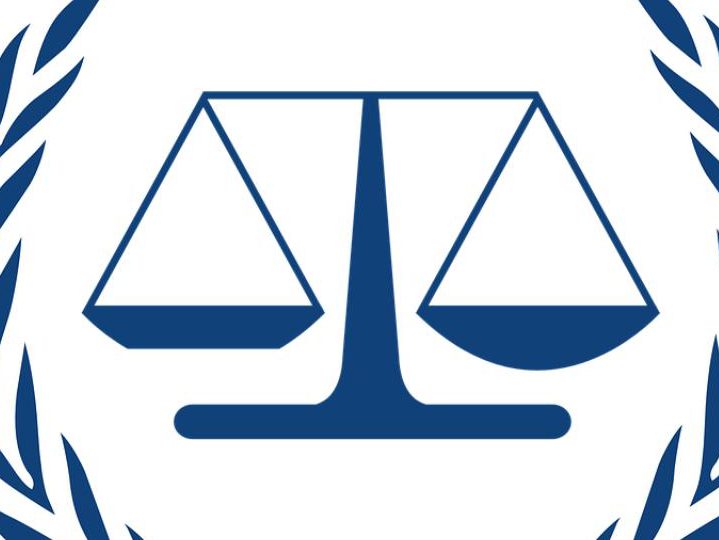Efficacy and Validity in International Law

Compliance and its relation to validity is one of the central points in the discussions related to the international law. H Kelsen stated that ‘the efficacy of law constitutes a condition of thevalidity of law’[1], where efficacy refers to ‘whether law is actually
observed’[2] and ‘validity whether law must
be observed’[3].
Although the fact that some states comply with international laws and regulations, whereas others are in compliance with international law in selected instances only undermines the foundation of international law, it does not, however, make it lose its validity.
Efficacy and Validity of International Law: Why Kelsen’s view is outdated
As the world is becoming more interconnected and technologically advanced, nations cannot regulate interactivity through ‘universal morality’[4], specific moral and ethical rules, religious norms, they rather resort to the need for ‘common language’[5] and ‘common ground’[6] to regulate their relations, and this is international law. ‘As the interdependence of between nations increases, the significance of treaties to support and facilitate this interdependence increases. Without treaties that bind nations, no international trade, finance,
transportation and information activities are possible today’[7]. Therefore, the nations have reached a particular consensus on the international law arena and have complied entirely or partially. Therefore, the statement of Hans Kelsen, ‘If international law were not observed by states at all, the very validity of international law would be lost’[8] is hypothetical and hardly applicable on the ground. As a hypothetical statement, it stands true, however, practically – partial compliance or efficacy does not invalidate international law per se.
As long as the concept is accepted and recognized by the nations, the validity of international law holds, however, the matter of compliance relates to the executive arm- the international organizations and bodies monitoring and achieving compliance through ‘coercive mechanisms such as sanctions’[9] for example, or reputational risks[10]. As long as nations utilize the tools provided by international law, it stands valid; the fact that some states use and abuse treaties for a reason of abusing other nations, or do not comply to international law in ‘critical areas (high politics) such as use of force’[11], or some
underdeveloped states do not have the capability but do not lack the desire to observe international law[1] , does not provide the basis to conclude that efficacy is directly related to the validity of law.
Conclusion
Compliance isn’t the only defining factor and not the only ‘condition of the validity of law’[2]; validity and compliance must be put into a broad perspective, with context to be factored into analysis. The fact that some states do not comply with the international law does not necessarily mean that its validity is flown. Compliance depends on many factors including capability of the state, politics, state’s goals and objectives, and, thus, a linear relationship between two variables cannot be drawn. ‘Some obligations are more binding than others, and states choose the level of commitment against this background fact’[3]. Therefore, as Andrew Guzman notes, ‘we must consider international obligations in a more contextual fashion in order to evaluate their impact…International law can be used to strengthen national commitments, but its value depends on the context. Scholars must focus not only on the legality of state actions; they must study the way in which international law can be structured to improve compliance’[4].
[1] ibid 116
[2] ibid 114
[3] Guzman (n 9) 75
[4] ibid 73
[1] Yasuaki, O. ‘International Law in and With International Politics: The Functions of International Law in International Society’ (2003) 14 EJIL 105
[2] ibid 114
[3] ibid 114
[4] ibid 132
[5] ibid 133
[6] ibid 133
[7] ibid 124
[8] ibid 114
[9] Guzman, A.T. ‘A Compliance Based Theory of International Law’ Boalt Hall International Law and Politics Workshop, 2015, 7
[10] ibid 24
[11] Yasuaki (n 1), 114
[1] ibid 116
[1] ibid 114
[1] Guzman (n 9) 75
[1] ibid 73